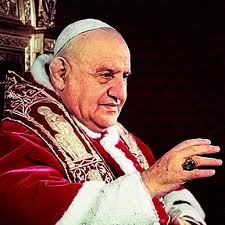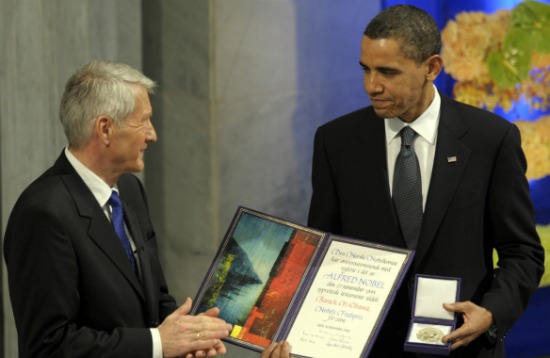. . . The concept undeniably has a certain appeal, and few slogans are better calculated to capture the imaginations of the young and disaffected than “Towards eucharistic anarchism” (Bill Cavanaugh’s phrase in Radical Orthodoxy) and other such brazen assertions of liturgical politics. But in all the talk of eucharistic politics, a surfeit of aesthetic appeal seems to have usually compensated for a shortfall of logical clarity.

Carl Raschke argues that, given the ongoing debt crisis, political theology must more adequately grapple with economics, and in particular Keynesianism. The tradition of Catholic social teaching, particularly in the period of Popes John XXIII and Paul VI, already provides an example of a political theological response to Keynesianism, and, in both what it gets right and what it gets wrong, can serve as a resource to political theologians today.

A recent article in the New York Times provides a fascinating account of the profound impact that Christian forgiveness played in a Florida murder case. This forgiveness set in motion an amazing chain of events that culminated in the murderer receiving a greatly reduced sentence of 20 years in prison. How did this happen? The answer lies both in the victim’s family’s practice of forgiveness, and also the practice of restorative justice that was employed during the sentencing process.

“Faith is the womb that conceives this new life, baptism the rebirth by which it is brought forth into the light of day. The church is its nurse, her teachings are its milk, the bread from heaven is its food.” Gregory of Nyssa’s words are both beguiling and poetic, but in my own urban context, those who bring their children forward for ‘baptism’ often seem to understand it through two, less theologically nuanced notions…

The controversy surrounding the Convention on the Rights of Persons with Disabilities, defeated in the U.S. Senate on December 4, demonstrates the tension in Catholic teaching between the need for effective international institutions that promote human rights and the need for international institutions that respect a proper balance between their own authority and the authority of states.



